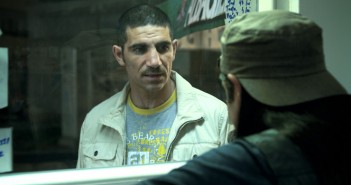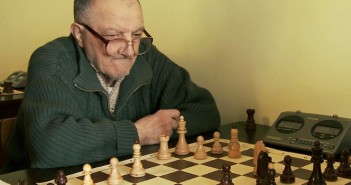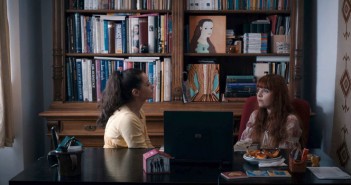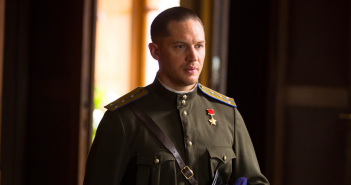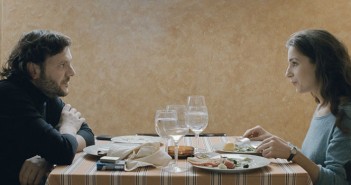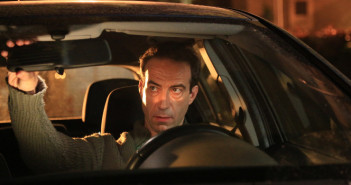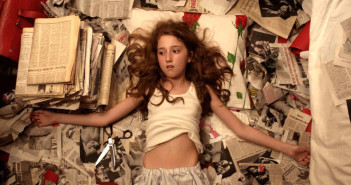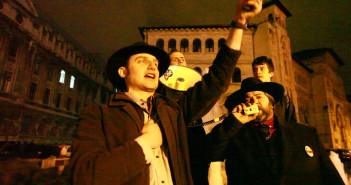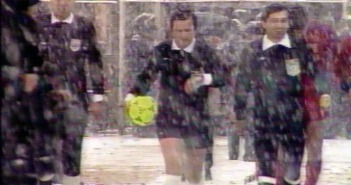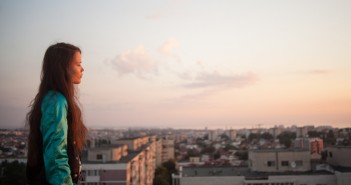
TIFF Romania: The World Is Mine Review
“This one’s for Ioana and Oana” goes the CRBL song which energetically opens The World Is Mine, an ironically-titled treat that speaks just as directly to the young women of Romania as that thumping track it uses time and again. It’s not just for an excess of aquatic imagery that debut director Nicolae Constantin Tănase manages to make something of a…

